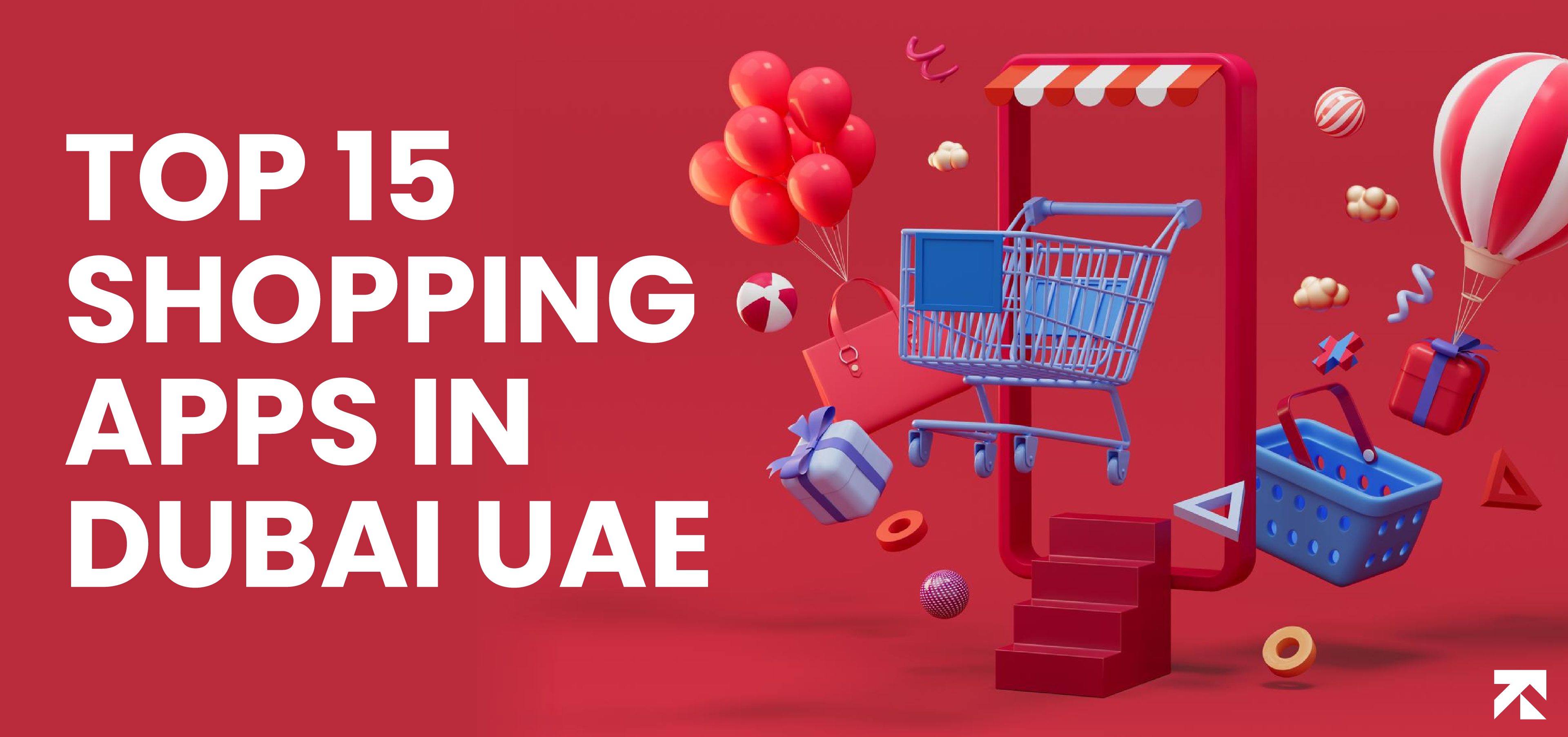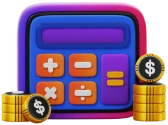Introduction
In today’s technology-driven world, having a strong portfolio is crucial for any aspiring Android developer. Building impressive Android apps not only showcases your skills and expertise but also demonstrates your creativity and problem-solving abilities. Whether you are a beginner or an experienced developer, creating Android apps that leave a lasting impression on potential employers or clients can significantly enhance your career prospects. In this article, we will explore some exciting app ideas that can make your portfolio stand out from the crowd.
Importance of Building an Impressive Portfolio
Before delving into the specific app ideas, let’s briefly discuss the importance of having an impressive portfolio. In the competitive job market, employers often receive numerous applications from developers with similar qualifications. Having a portfolio that showcases your unique abilities and accomplishments can give you a competitive edge.
A well-crafted portfolio demonstrates your technical skills, problem-solving capabilities, and creativity. It allows potential employers or clients to assess your proficiency in Android app development and evaluate whether you are a good fit for their projects. Moreover, an impressive portfolio can serve as a conversation starter during interviews, providing you with an opportunity to discuss your projects in detail and highlight your achievements.
Android Apps for Portfolio Enhancement
App 1: Task Manager
A task manager app is a versatile addition to your portfolio. It can help users organize their daily activities, set reminders, and prioritize tasks. Implement features such as task categorization, due dates, and notifications to make the app more user-friendly and efficient.
App 2: Recipe Organizer
A recipe organizer app appeals to cooking enthusiasts. Include functionalities like recipe search, ingredient lists, step-by-step instructions, and the ability to save favorite recipes. Enhance the user experience by incorporating a visually appealing interface and options for sharing recipes with friends.
App 3: Fitness Tracker
Fitness and health-related apps are highly popular. Develop a fitness tracker app that enables users to monitor their exercise routines, track calories burned, and set fitness goals. Incorporate features such as workout history, progress tracking, and personalized recommendations to engage users.
App 4: Language Learning Assistant
Language learning is a continuous process for many individuals. Create an app that offers language courses, vocabulary quizzes, pronunciation guides, and interactive exercises. Gamification elements like leaderboards and achievements can make the app more engaging and motivate users to learn.
App 5: Travel Planner
Travel planning can be time-consuming and overwhelming. Design a travel planner app that assists users in organizing their trips, including itinerary creation, flight and hotel bookings, and exploration recommendations. Integration with maps and real-time updates adds value to the app.
App 6: Expense Tracker
Financial management is essential for everyone. Develop an expense tracker app that allows users to track their income, expenses, and savings. Include features like expense categorization, budget setting, and visual representations of spending patterns.
App 7: Weather Forecast
Weather apps are widely used for real-time weather information. Create an app that provides accurate forecasts, interactive maps, and personalized weather alerts. Consider integrating features like hourly forecasts, severe weather notifications, and customizable widgets.
App 8: Meditation Guide
Incorporate mindfulness into your portfolio by developing a meditation guide app. Offer various meditation techniques, guided sessions, and relaxation exercises. Customizable settings, progress tracking, and soothing visuals or sounds can enhance the user experience.
App 9: Book Recommendation
Bookworms would appreciate a personalized book recommendation app. Implement features like genre-based recommendations, user reviews, reading challenges, and book tracking. Integration with popular book databases and social sharing options can make the app more engaging.
App 10: Habit Builder
Habit-building apps help users develop positive routines. Create an app that enables users to set goals, track habits, and receive reminders. Additional features such as streak tracking, habit statistics, and motivational quotes can encourage users to stay consistent.
App 11: Music Player
Design a unique music player app with a sleek interface and customizable features. Implement functionalities like playlist creation, equalizer settings, offline playback, and music recommendations. Integration with popular streaming services can enhance the app’s appeal.
App 12: Photo Editing Tool
Photography enthusiasts will appreciate a feature-rich photo editing app. Include tools for cropping, filters, effects, and adjustments. Advanced features like layers, selective editing, and object removal can showcase your technical expertise.
App 13: Stock Market Tracker
Develop an app that provides real-time stock market data, personalized portfolios, and financial news. Incorporate interactive charts, stock alerts, and investment tracking features. Make the app visually appealing and user-friendly for easy navigation.
App 14: Social Media Analytics
With the increasing importance of social media, an analytics app can be valuable for businesses and influencers. Create an app that offers detailed analytics on followers, engagement, reach, and content performance. Ensure the app supports popular social media platforms.
App 15: Quiz Game
A quiz game app can be entertaining and educational. Implement different categories, difficulty levels, and timed challenges. Include features like high scores, achievements, and multiplayer modes to engage users and encourage competition.
Conclusion
Building a portfolio that showcases impressive Android apps is a surefire way to stand out in the competitive market. By choosing the right app ideas and implementing them with creativity and attention to detail, you can demonstrate your skills and leave a lasting impression on potential employers or clients. Remember to focus on user experience, incorporate engaging features, and strive for a visually appealing design. With a well-crafted portfolio, you can open doors to exciting opportunities in the Android app development field.
FAQs
Can I include apps that I haven’t published on the Play Store in my portfolio?
Absolutely! Your portfolio is a showcase of your skills and capabilities, so you can include apps that you have developed, even if they haven’t been published on the Play Store.
Should I focus on a specific category of apps for my portfolio?
It depends on your interests and career goals. It’s a good idea to have a diverse portfolio that demonstrates your versatility, but if you have a particular interest or expertise, you can highlight that by focusing on specific categories.
How many apps should I include in my portfolio?
There is no fixed number, but having a minimum of 3-5 well-developed apps in your portfolio is a good starting point. Quality is more important than quantity, so focus on creating a few impressive apps rather than numerous mediocre ones.
Can I collaborate with others on app development projects for my portfolio?
Collaboration can be a great way to expand your skills and create more complex apps. Just make sure to clearly communicate your contributions and give credit to your collaborators in your portfolio.
How should I present my apps in my portfolio?
Create a dedicated section for each app in your portfolio, including a brief description, screenshots or mockups, and a link to the app (if available). Highlight the unique features and challenges you encountered during development.










